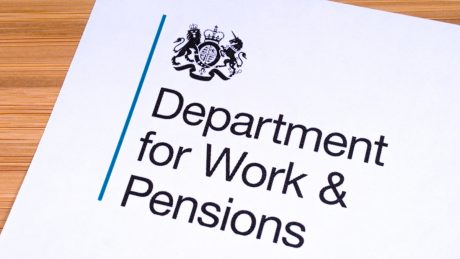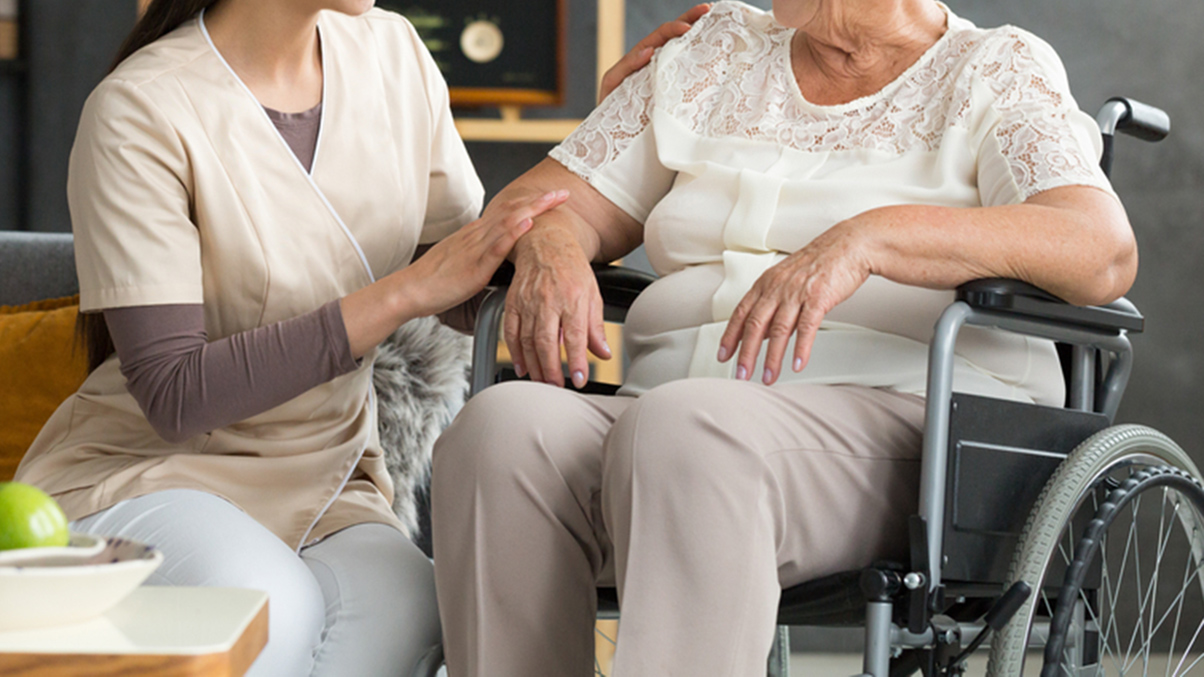The benefits claims process can be long and tiresome. Reviews, payment stoppages and appeals are common, especially since the rise of Covid-19 and the reduced ability for some people to return to work. Senior Paralegal Alex Balmer in our pro bono team takes a look at how, in addition to these issues, the DWP has seen increased complaints about its current policies.
As part of Legal Service, Stewarts assists clients with benefit claims. This free and comprehensive legal service is provided as part of our commitment to helping those who have suffered a serious injury or illness. The Legal Service was formed to support patients and families at a time when legal support is needed but often hard to find.
‘Cold calling’ complaints
The DWP has come under increased pressure to change its controversial policy of cold calling vulnerable claimants and persuading them to accept lower benefit payments than they are entitled to. People across the country have complained that they have received telephone calls from the DWP while waiting for an appeal decision on their benefits claim. In these calls, the DWP urges them to accept an offer in a short time frame, lower than they were legally entitled to before their appeal reached a tribunal or risk losing their award completely.
The DWP announced they would amend their policies the day before a High Court Judicial Review challenge was due to begin. The claimant, who had experienced the ‘decide now’ offer, argued that the policy was unlawful and discriminatory. The claim raised issues such as the legitimacy of calling those without the capacity to make a decision and pressuring people into accepting less than they were entitled to.
One client, who Stewarts assisted with his Personal Independence Payment (PIP) appeal, received such a call in 2020. The caller offered an improved award and urged him not to take the appeal to court. The client agreed to this offer because he preferred to receive his benefits immediately and not continue the appeal procedure. Stewarts assisted the client for five months before the call, helping him through the appeal process to get the award he was legally entitled to. The manner in which the reduced award was offered was unfair and pressured someone in a desperate situation worn down by the benefits process.
Click here to read about the appeal process.
The discriminatory £20 per week Universal Credit uplift
During the pandemic, Universal Credit recipients were entitled to a £20 per week uplift to their entitlement. This increase was vital to many who experienced financial pressures due to Covid-19. However, this increase was not awarded to those receiving legacy benefits (benefits being replaced by Universal Credit), many of whom were disabled.
The High Court is to decide whether this decision was lawful. Two recipients of Employment and Support Allowance (a benefit awarded to those eligible if they have a disability or health condition that affects how much they can work) are arguing that the decision discriminates against disabled people. The Work and Pensions Select Committee stated: “It is not right for people to miss out on support just because they happen, through no fault of their own, to be claiming the ‘wrong’ kind of benefit.”
Around two million people have been left without this additional income for more than a year, although they are living in near-identical circumstances to those receiving the benefit. Many will be hoping that the High Court rules in favour of the claimants, allowing millions access to the extra support they so desperately need. The final hearing is scheduled for 28 September 2021.
Means testing creating issues for cohabiting couples
Means testing is used to calculate a benefit award entitlement. However, many awards are reduced or stopped when recipients begin living with a partner. This has put pressure on many as their benefits have been taken away, placing them in debt and creating a financial dependency on their partner.
One pro bono client experienced this issue and was told not to claim Employment Support Allowance (ESA) after he suffered Covid-19 as this would affect his girlfriend’s benefits. The client suffered from long Covid, which affected his concentration and energy levels; the effects were so bad, he had to learn to walk again. Stewarts advised the client and his partner on their benefit entitlements, providing information on PIP and ESA. Many argue that this policy by the DWP creates a financial dependency that can change the dynamic of a relationship.
The DWP argues that it provides “a welfare safety net for those most in need and as such it’s right that household income and savings are taken into account when assessing eligibility”.
Questions need to be asked as to whether this method of testing provides enough support for those who need it when cohabiting with a partner or if it creates a financial dependency compared to living alone.
Appealing PIP entitlement
Recent government statistics for PIP show that there were 65,000 mandatory reconsideration registrations between January and April in 2021. A new approach was introduced in 2019 when the department began collecting further evidence during the appeal process. The reconsiderations and further appeals in the first quarter of this year resulted in more than 51% of decisions being changed. Why are over half of PIP awards being changed as a result of the appeal process? Is this fair to vulnerable people who need immediate help?
Click here to see how the statistics have changed since 2019.
Stewarts’ Pro Bono team helps clients who have encountered problems with the DWP while applying for benefits, such as one client who was confused about her entitlement to PIP. The client’s PIP award was reduced without the client being given a reason. Stewarts helped the client appeal the decision, and two years after the PIP award was reduced, the client was placed back on the Enhanced Rate for the Daily Living Component. Although the client will now receive backdated payments, the year spent on a reduced award caused financial difficulty. The amount of time it took for the client to receive a decision on her appeal shows the complex nature of the process. For vulnerable claimants who apply for benefits on their own, the process can be overwhelming.
Click here to to read about another client ‘Vivian’s’ reassessment process.
DWP announce changes to the “Special Rules for Terminal Illness”
On 8 July 2021, the government announced that “Special Rules for Terminal Illness”, which fast track benefit applications for those with a terminal diagnosis of six months, are to be replaced by a 12 months end of life definition.
The changes mean people with terminal illnesses will have access to financial support more quickly in the last year of their lives. This will help them in the most challenging time of their lives with the changes expected to be implemented across several benefits:
- Universal Credit and ESA will have the changes implemented in 2022
- Attendance Allowance, PIP and Disability Living Allowance will have the changes implemented when parliamentary time allows.
The government has advised that these changes will be supported by clear definitions to bring them in line with the current NHS practice. Justin Tomlinson, the Minister for Disabled People, said: “A terminal illness is devastating, and this change will increase support for people who are nearing the end of their lives.”
Conclusion
With issues being raised over the quality of the DWP policies, questions need to be asked as to whether the DWP needs to do more to support people through their claims process and beyond. A mixture of huge delays, a lack of suitable job opportunities and financial difficulties has left claimants vulnerable. More needs to be done when assessing and reassessing those who need help. Stewarts’ clients who have suffered serious injury or illness have experienced many of the above difficulties, and we continue to help get vulnerable clients the support they require.
The Legal Service – We are here to help
The Legal Service, delivered by our pro bono team, provides patients with advice without obligation, for however long it takes to resolve the issue. Our support is available regardless of the circumstances of an accident and regardless of whether a patient has a personal injury claim.
In these difficult times, the concerns of our pro bono clients are likely to be more stark than those in more fortunate circumstances. The Legal Service will be available throughout the crisis to help in any way we can to ease the burden on our clients.
To get advice from The Legal Service, please contact Kara Smith by phone on 020 7822 8000 or by email at ksmith@stewartslaw.com.
You can find further information regarding our injury expertise, experience and team on our Personal Injury pages.
You can find further information regarding our expertise, experience and team on our Personal Injury pages.
If you require assistance from our team, please contact us or alternatively request a call back from one of our lawyers by submitting this form.
Subscribe – In order to receive our news straight to your inbox, subscribe here. Our newsletters are sent no more than once a month.







